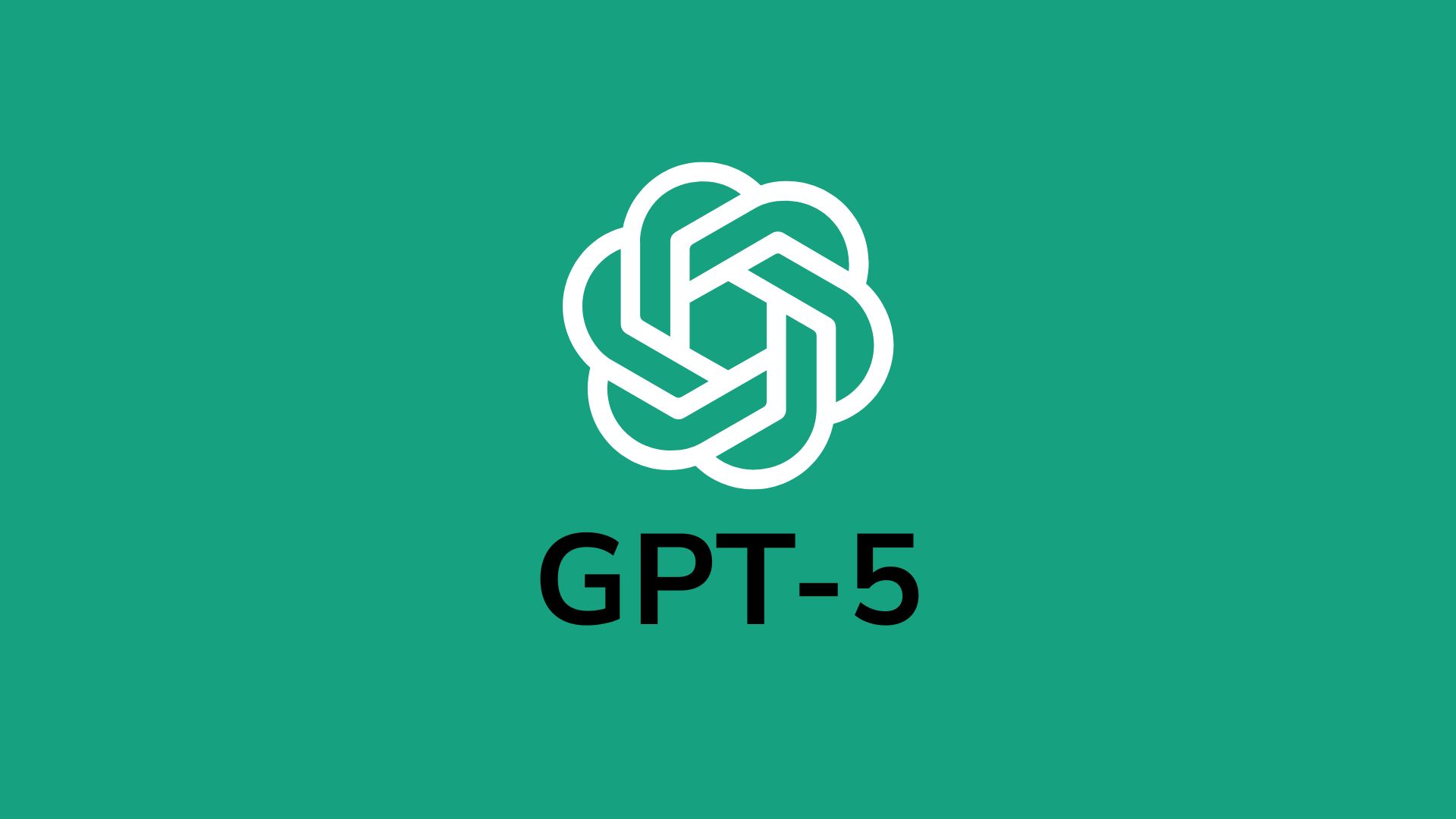Huawei chairman Xu outlined the company’s roadmap for AI computing platforms, revealing plans to launch the Atlas 950 SuperPoD in Q4 2026. The system will use over 8,000 Ascend GPUs across 128 racks, covering 1,000 sq metres, and offer 6.7 times more computing power and 15 times more memory.
A year later, the Atlas 960 SuperPod will debut with up to 15,488 Ascend 960 chips, achieving 30 exaflops of computing power and 4,460TB of memory. Xu said the two systems will stay the world’s most potent super nodes, with uses beyond AI in general-purpose computing in China.
Huawei faces Western sanctions limiting access to advanced semiconductor nodes. Xu said assembling less advanced chips into super pods lets Huawei compete with rivals like Nvidia at a system level despite lower individual chip performance.
Over the next three years, Huawei will launch three new Ascend chip series: the 950 line, 950PR and 950DT, the 960, and the 970. The 950PR, optimised for early-stage inference and recommendations, will ship in Q1 2026, while the 950DT with 2Tb/s bandwidth will launch in Q4 2026.
The 960 will double its predecessor’s computing power and memory capacity and arrive in Q4 2027.
Would you like to learn more about AI, tech and digital diplomacy? If so, ask our Diplo chatbot!










